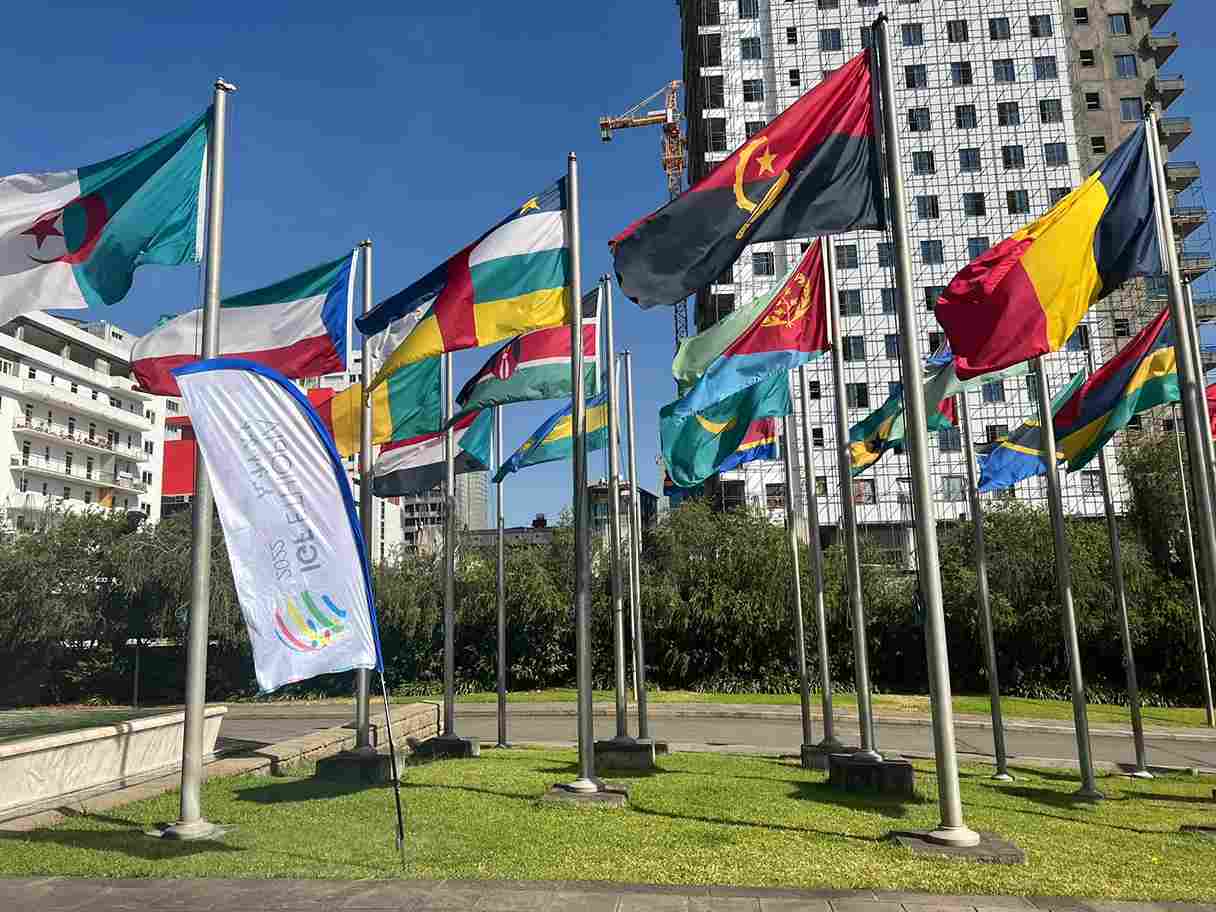Capacity and skill development
Community networks being complementary models deployed and owned by the community, often suffer from a lack of technical and business capacities to run these networks. Digital literacy and capacity building are important for understanding what it takes to start, operate, sustain, and scale up a community network.
The need for skill development was emphasized in many connectivity sessions in response to the projection that 90% of jobs are moving to the digital sector.
In collaboration with Rhizomatica and with funding from the Foreign CommonWealth and Development Office (FCDO), it has been running a training program for community network operators and the schools of community networks. In a session on “lessons learned from capacity building in the global south “, participants of national schools in Zenzeleni, TunapandaNet, CITAD, Common Room, and PSA shared their school models, learnings, and challenges.
The national schools of community networks are modelled around the Participatory Action Research (PAR) framework focusing on the steps; Scenario building – See – Think – Act – Evaluate. He announced the launch of the Community Networks learning repository coming up soon. This was followed up with a workshop with all the school conveners sharing the roadmaps from phase 1 to the almost concluded phase 2, their organizational work, and their visions and dreams around capacity building.
Research and Statistics
Statistics are central to governments in economic planning. There is a lack of digital ID in Africa, meaning our governments do not have the right data to implement solutions.
Digital IDs and financial inclusion solutions could foster meaningful participation in the digital economy and society. Many digital rights platforms have reiterated the need for data on the unconnected. There is a disconnect in the data collected that is used to create solutions. Engaging traditional leadership at the grassroots level is important to collect reliable information that will lead to proper solutions.
The 17th IGF was held in Addis Ababa, Ethiopia, from 28th November – 2nd December 2022, under the overarching theme Resilient Internet for a Shared Sustainable and Common Future, hosted in a hybrid format. The program was guided by 5 themes supporting the SGDs and drawn from the Global Digital Compact in the UN Secretary-General’s Our Common Agenda report.;
- Connecting all people and safeguarding human rights.
- Avoiding Internet Fragmentation.
- Governing Data and Protecting Privacy.
- Enabling Safety, Security, and Accountability.
- Addressing Advanced Technologies, including AI.
The Global Digital Compact is firmly anchored on human rights aims as a means to deliver universal connectivity, closing the digital divide and reaching the 3 billion offline people, the majority of whom live in the global south.
There were 68 sessions on Connecting all people and safeguarding human rights, speaking to the vital focus on issues around connectivity, especially in the global south. Connecting the Unconnected has been a central focus for KICTANet and the Association for Progressive Communications under their joint partnership in the Local Access Networks project (LocNet).
This is a series of our publications on Community Networks.
____________________________________________________________________________
Ms. Catherine Kyalo is the KICTANet Africa Regional Coordinator for Community Networks under the APC-LOCNET initiative. She is passionate about community welfare and enjoys yoga to rejuvenate. LinkedIn | Twitter
![]()




